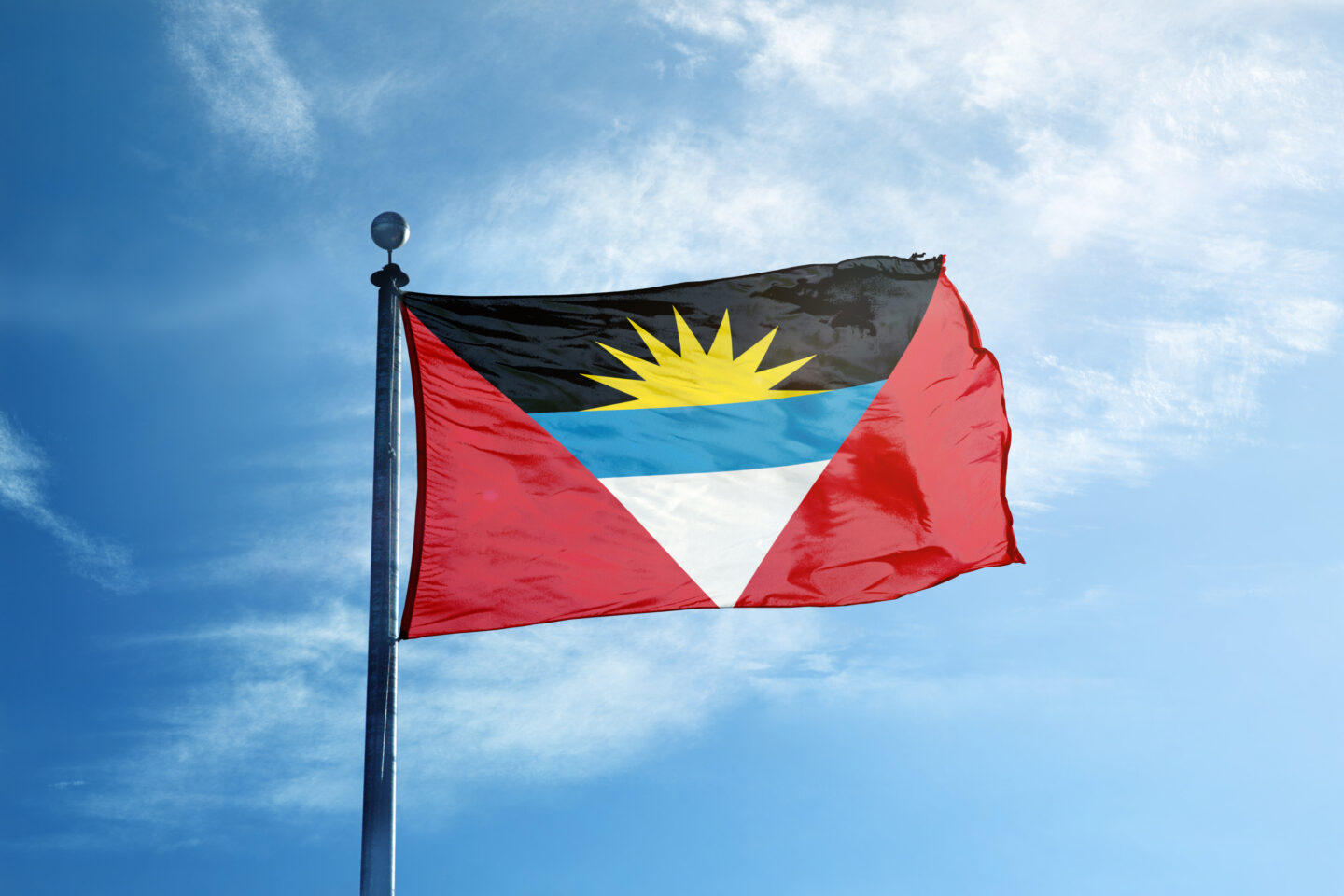Antigua and Barbuda became one of the first Caribbean countries to allow Rastafarians to grow and smoke cannabis. Cannabis is an herb that is considered sacramental by religious followers.
As reported by the Associated Press, For decades, many Ratafari “have been imprisoned for marijuana use and endured racial and religious profiling by law enforcement,” which they say “brings them closer to God.” says.
Officials in Antigua and Barbuda, an island nation of more than 90,000, are now trying to rectify the situation.
According to Associated Press, With the lifting of the ban, the country became “one of the first Caribbean countries to allow Rastafarians to grow and smoke sacred herbs.”
“We are more free now,” said Russ Tashi, a member of the Russ Freeman Foundation for Rastafari Unity. The Associated Press reported that Tashi recently “led a hymn and hymn at the tabernacle on the Foundation farm.” Located in the green agricultural area of Libertad. “
Rastafaris have long campaigned for cannabis legalization in the country. in 2021, The Associated Press reported Supporters “are calling for broader easing to curb persecution and ensure religious freedom,” they said.
The Associated Press provided further background at the time.:
“The Rastafarian faith has its roots in 1930s Jamaica and grew as a reaction of blacks to colonial oppression of whites. Rastafari followers believe that the use of marijuana is directed by a passage in the Bible and that the “sacred herb” induces a meditative state. Devotees smoke it sacramentally in chalice pipes and tobacco called “spliffs,” add it to vegetarian stews, or put it in the fire as a burnt offering. ‘Ganja’, known as marijuana in Jamaica, has a long history in the country, predating Rastafari beliefs. Indentured servants from India brought the cannabis plant to the island in the 19th century and it became popular as a medicinal herb.
Rastafari and reggae culture became more widely accepted in the 1970s when it was popularized through the faith’s most famous proponents, musical icons Bob Marley and Peter Tosh. Tosh’s 1976 hit “Legalize It” is still a cry for marijuana legalization. Rastafari adherents in the United States, many of whom are black, say they have endured racial and religious profiling by law enforcement because of their ritual use of cannabis. “
Legislative changes in Antigua and Barbuda could set off a similar domino effect to the one that unfolded here in the United States over the past decade, with dozens of states and cities lifting long-standing bans on cannabis within their jurisdictions. .
The Associated Press reported last week “Rastafari in other regions are seeking similar religious protection,” experts and officials said. We believe it has the potential to encourage these efforts around the world.” use of marijuana. “
Under Antigua and Barbuda’s new law, “the island government has also decriminalized the use of marijuana by the general public.” According to Associated Pressas well as “people outside the faith”. [to] Grow 4 cannabis plants each and own up to 15 grams. “
Antigua and Barbuda Prime Minister Gaston Brown: ‘I believe we need to give space to everyone who comes to our table regardless of their religion’ told the Associated Press. “It is absolutely critical for us to ensure that the Rastafari faith is recognized in the same way that we have recognized other faiths … their worship and sacramental use of cannabis. It’s about recognizing your constitutional rights.”





